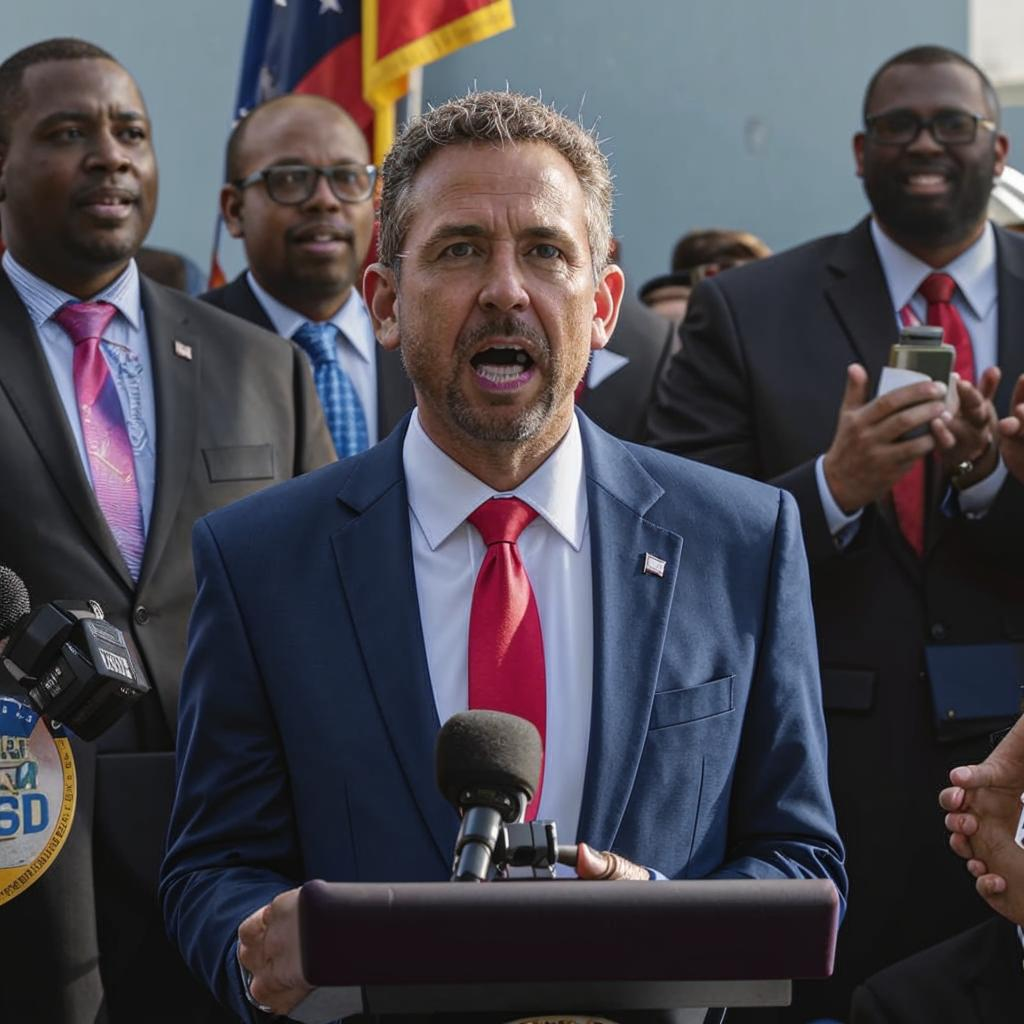The likelihood of a recession under former President Trump’s potential future economic policies has significantly increased, according to Moody’s Chief Economist Mark Zandi. This assessment reflects growing concerns about the potential consequences of Trump’s proposed tariffs and fiscal strategies. Zandi’s analysis suggests that these policies could destabilize the economy and trigger a downturn.
The increased recession risk stems from several key factors. Trump’s proposed across-the-board tariffs on imports could spark trade wars, disrupting supply chains and raising prices for consumers. These tariffs would likely invite retaliatory measures from other countries, further escalating trade tensions and harming American businesses. Additionally, Trump’s plans for large-scale tax cuts without corresponding spending reductions could lead to unsustainable levels of government debt, further increasing economic volatility.
These projections stand in stark contrast to the economic promises made during Trump’s previous presidency. While Trump supporters often point to the economic growth experienced during his first term, economists caution that the current economic landscape is significantly different. Factors such as higher inflation, rising interest rates, and global economic uncertainty all contribute to a more precarious situation. Moody’s assessment underscores the potential risks associated with Trump’s economic platform, highlighting the importance of careful consideration and informed decision-making.















